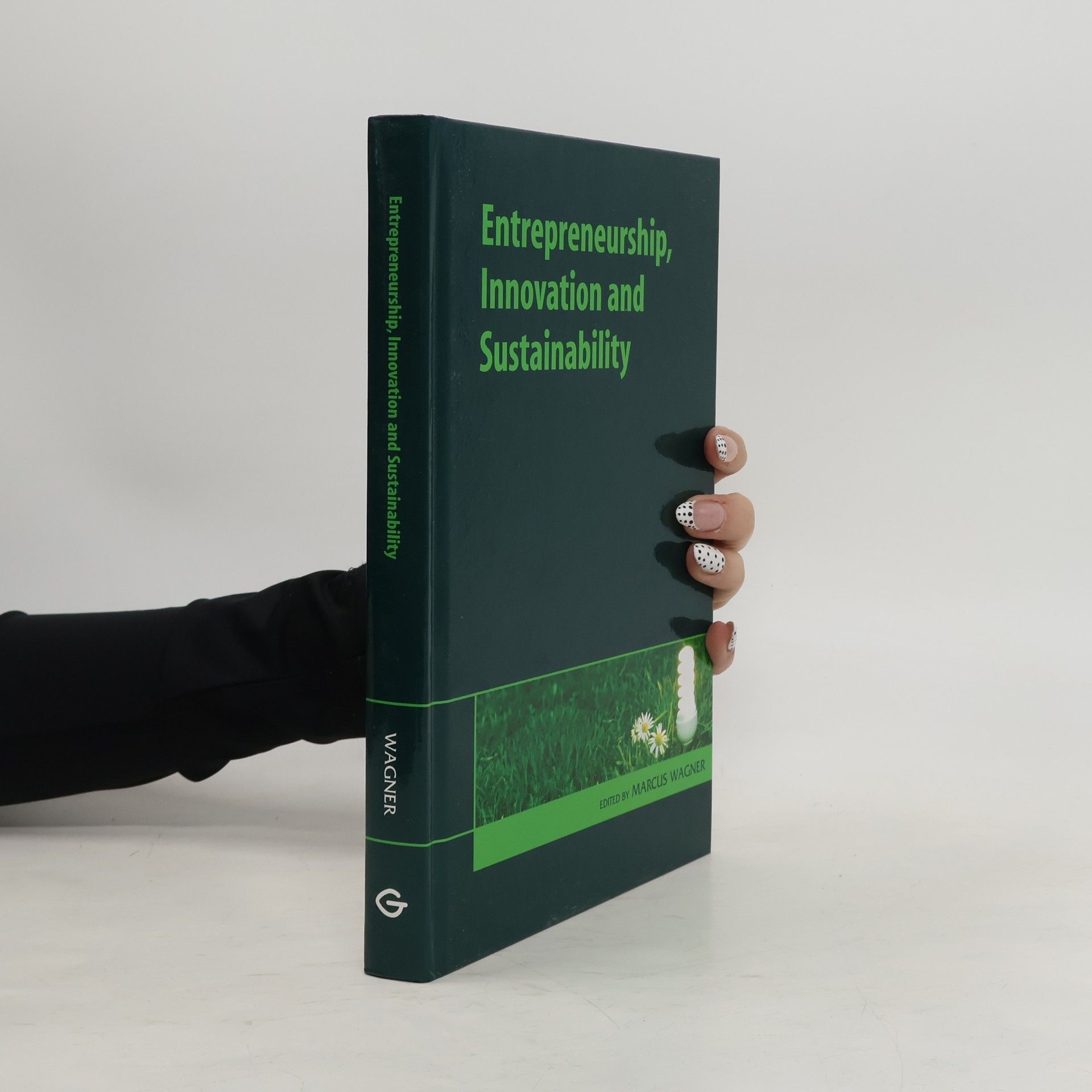Entrepreneurship, Innovation and Sustainability
- 320pages
- 12 heures de lecture
This book explores the intersection of entrepreneurship, innovation, and sustainability (EIS), offering high-quality research that highlights their interconnectedness. The EIS nexus is particularly significant in Europe, where the European Commission emphasizes corporate social responsibility (CSR) and sustainability. The rapid economic growth in BRIC countries necessitates that firms balance sustainability with profitability and innovation, positioning entrepreneurs as crucial agents in this process. Achieving sustainability requires both radical and incremental innovations across various levels, often driven by small and medium-sized enterprises (SMEs). The book is divided into six sections. The first delves into the EIS nexus, focusing on system-oriented connectivity. The second discusses nurturing corporate entrepreneurship for sustainability, while the third examines how mature industries like automotive and electronics can integrate sustainability into their innovation strategies. The fourth section looks at developing countries in Africa, highlighting sustainable entrepreneurship as a means to foster development. The fifth focuses on SMEs, and the final section approaches the EIS nexus from a network perspective, emphasizing inter-organizational partnerships as vital facilitators of EIS initiatives. This work is essential for researchers and invaluable for practitioners, governments, and inter-governmental bodies prom



